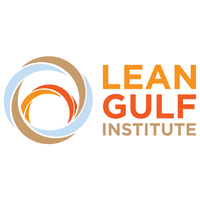Lean Industries

lean Digital
Improvement methodologies have been used in the software world for a very long time, with approaches like Agile and Lean digital methodology playing a key role in speeding up the development of digital products. Agile principles and ideas – like Scrum and its way of structuring teams and organizing the work – have found their ways into many a lean company. Lean digital thinking and the Toyota Production System, in turn, have greatly influenced the development of these approaches.
Lean Digital is the methodology by which companies apply lean principles to the development process of new digital products.

lean Construction
The construction industry has a reputation for delays, bad quality and unsafe working conditions. This makes it a prime candidate for the implementation of lean principles and techniques. The idea of ‘lean construction‘ has been around since the early 1990s, when a group of academics in California started to look at opportunities for the application of lean in the sector. One of the results of this early work was the introduction of the Last Planner System to better manage construction sites.
The lean construction movement soon spread to other parts of the world, starting with the UK – where it influenced a number of organizations and large projects, like the construction of St Pancras station in London. Large construction companies quickly took on lean management. Like in other industries, at the beginning the adoption of lean focused heavily on the application of tools, whereas more recently the strategic importance of lean management has been recognized by the industry
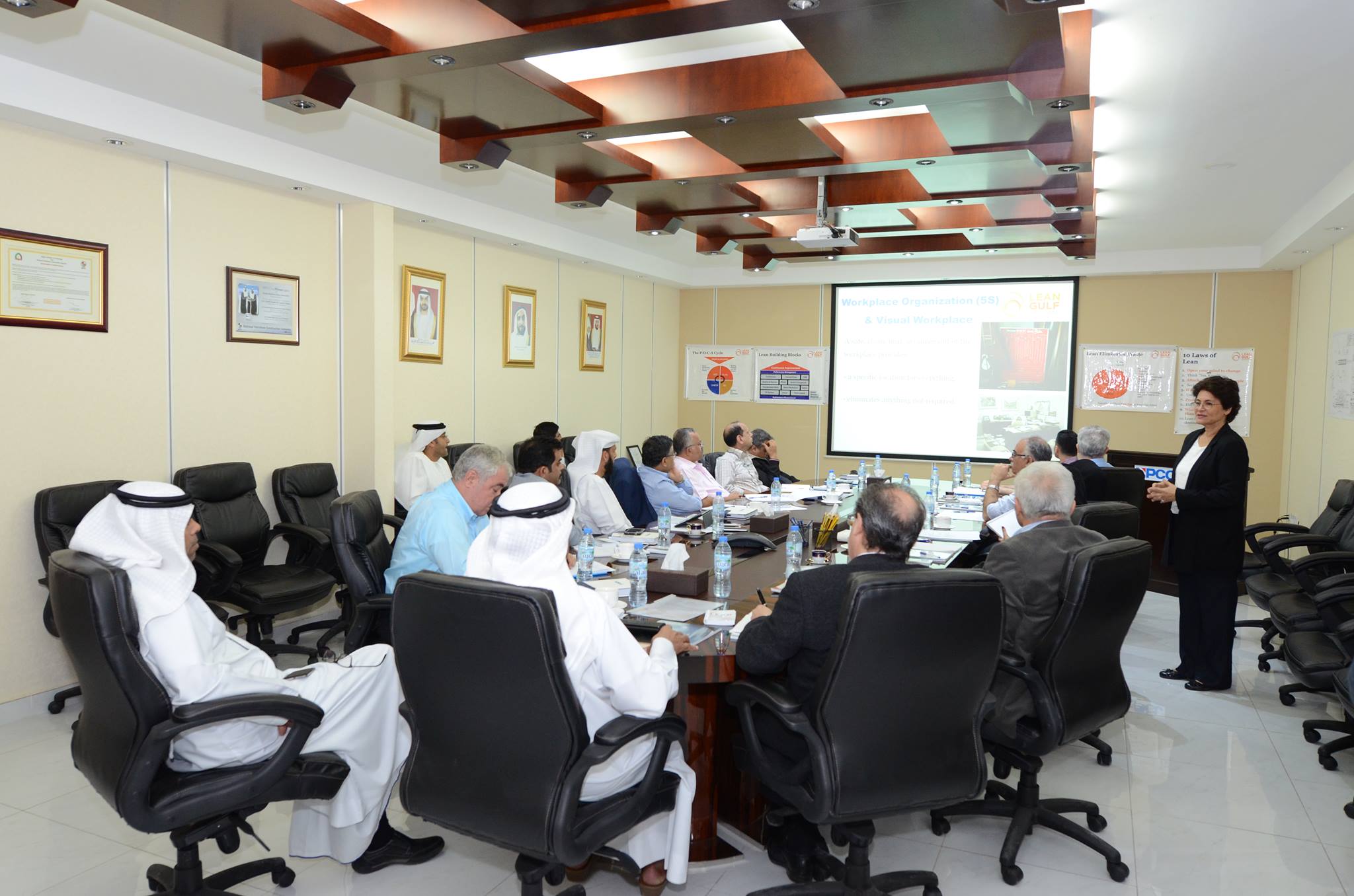
lean Government
Lean government organizations provide higher quality, faster and more transparent service to citizens. Since lean thinking can be successfully applied to any human endeavor, lean government ideas can improve any type of public sector work, whether legislative, executive or judicial (see the work done in the HM Courts and Tribunal Service in the United Kingdom).

lean healthcare
Lean thinking may have been born in Toyota in the 1950s and 1960s, but it wasn’t until after the year 2000 that a few hospitals began to explore its application to the healthcare industry (lean healthcare). These pioneering organizations came together to share their stories at the first Global Lean Healthcare Summit in the UK in 2007, which in turn triggered many more experiments around the world. Since then, interest has kept growing.
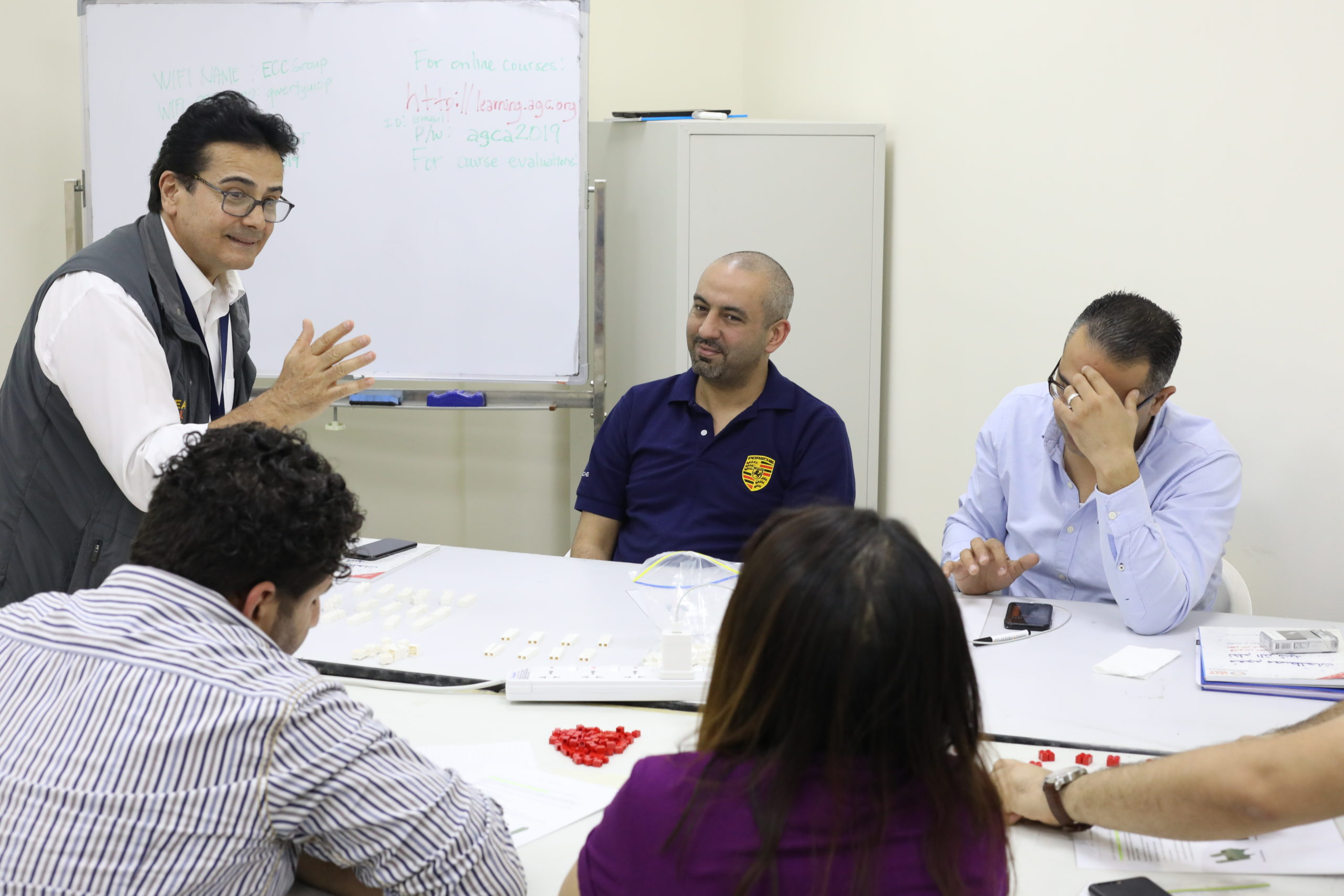
lean management
The idea of “lean management” can refer to both individual managerial behaviors and, more in general, the set of principles and practices characterizing the adoption of lean thinking in an organization.
In the first case, lean management is closer in meaning to the idea of “lean leadership” and entails the development of behaviors that foster continuous improvement at the front line, such as respect for people, asking questions (rather than providing answers), going to see to really understand the work and the causes of problems, and scientific problem solving. In the second instance, lean management describes the lean philosophy more in general.
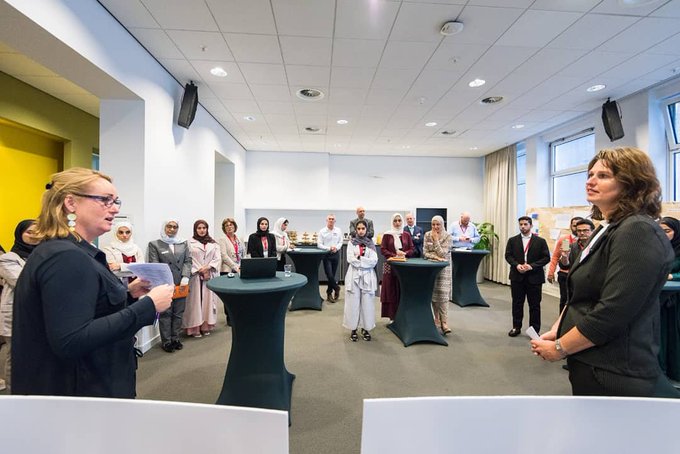
lean Services
While lean government and lean healthcare technically fall under this category, we consider lean service organizations to be those operating in areas like call centers, retail, hotels, restaurants, offices, banking, and so on. In such environments, there is a direct interaction with the customer, which should be seen as an opportunity to get real-time feedback on our service rather than a nuisance we have to deal with (if you have ever spoken with a customer care representative, you know what this means).
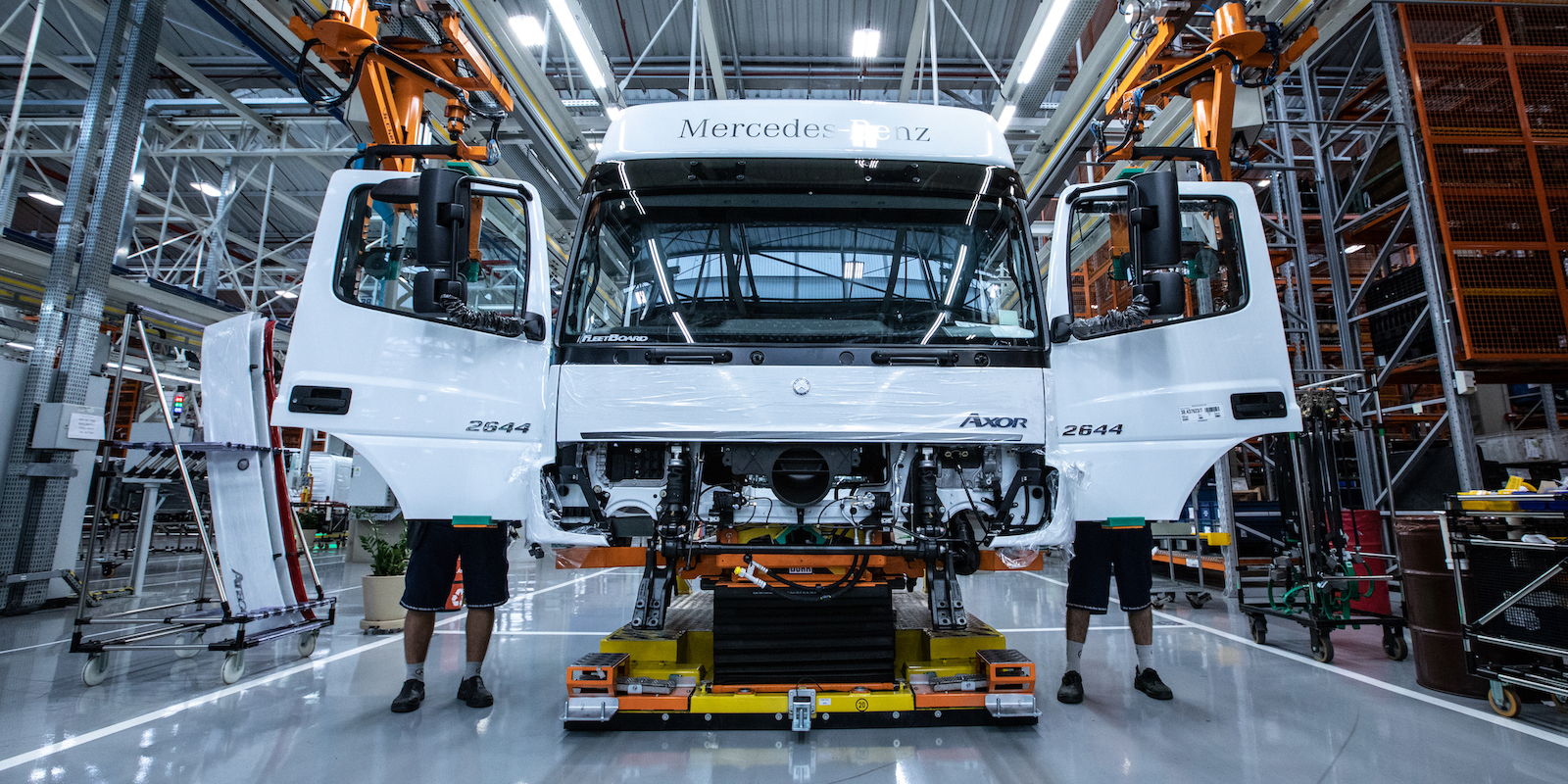
lean Manufacturing
Manufacturing is where the lean movement originated from. For their MIT research in the late 1980s (which resulted in the 1990 seminal book The Machine the Changed the World), Jim Womack and Dan Jones identified a set of principles and techniques that made Japanese carmakers far more productive than their Western competitors.
The superiority of the Toyota Production System is now a recognized fact (Toyota has been profitable every year but one, for half a century), which means that today most manufacturing organizations around the world practice lean manufacturing thinking to some extent. The prevalence of this alternative way of thinking and managing in the manufacturing sector often generates confusion in other industries, in which people’s first reaction to improvement attempts is the now proverbial “We don’t make cars. Lean is a manufacturing thing.”

lean oil & Gas
How to apply continuous improvement techniques in the overall condition of the working environment is important to the productivity and success of manufacture, processing and supply of precious natural resource. Lean Oil and Gas and the performance of energy sectors, in general, are growing field of interests in today’s rapidly changing world.

lean Finance & Accountant
Lean accounting is the management accounting system for Lean companies and makes relevant information available to decision-makers and Lean organizations to drive quality decision making. Existing management accounting systems and financial management practices for lean organizations must also evolve and be made relevant to ensure the success of a lien strategy.
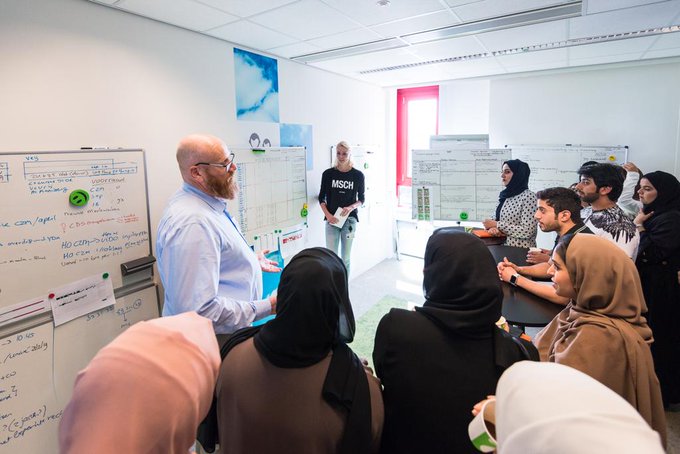
lean HR
A lean transformation is a cultural transformation, not just a program or an exercise. Isolated areas can, for a limited time, purely through zeal and energy, be successful. But over time the prevailing headwinds of these systems will take over and the pockets of success will erode and assimilate into the predominant legacy culture we seek to change for the better. Engaging HR immediately during a lean transformation can greatly assist to transform the organization and improve HR efforts as well.

lean logistic
Lean Logistics involves improving operations at all levels to optimize the supply chain by reducing waste. Elimination of waste is critical for control of the supply. A lean logistics approach is not a program or short-term cost reduction program. It is a way of operating to eliminate waste along entire value streams, with the ultimate goal of providing a perfect value to the customer.
Implementation of Lean Logistics enables quicker responses to changing consumer demands with higher quality, lower cost, less need of working capital, and faster throughput times.
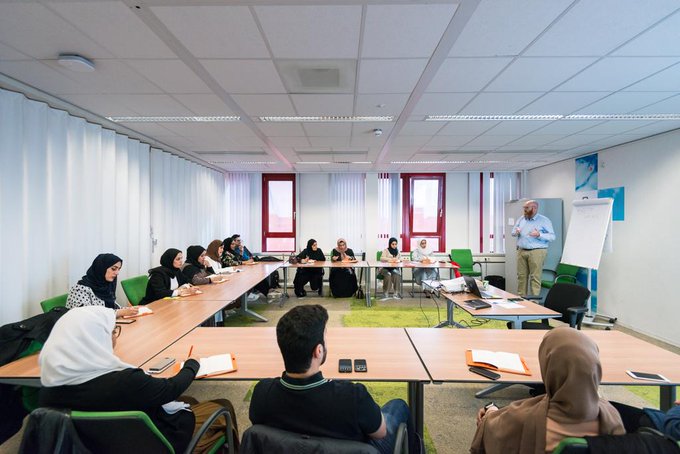
lean Office
Lean Office focuses on administrative areas working systematically to identify and eliminate waste from processes in order to timely meet customer needs and create value. Search efforts can boost office performance, reduce costs, and increase customer satisfaction, while at the same time promoting a stress-free workplace.
This powerful business improvement methodology can enable astonishing success in removing, analyzing, formatting, sharing and controlling information in the workplace.
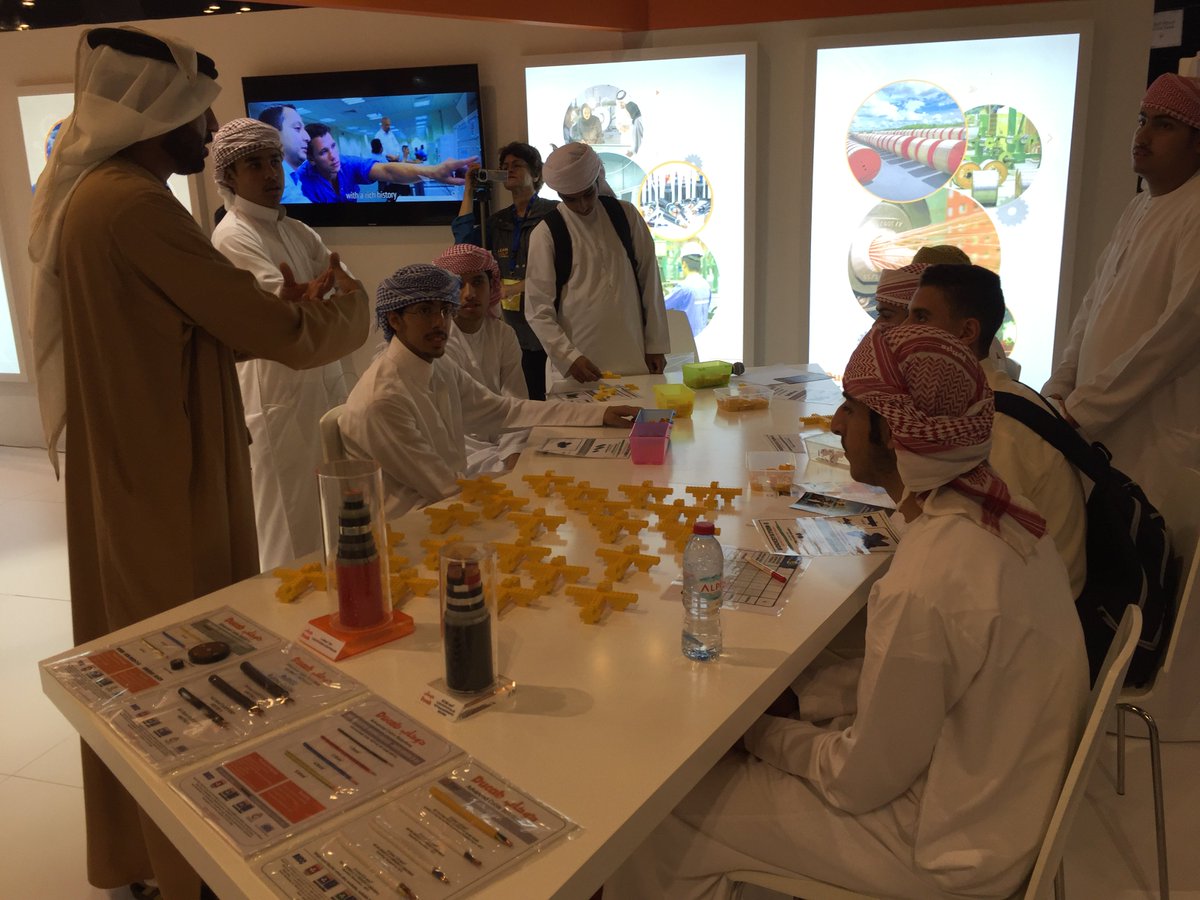
lean Education
Lean in Education has been applied both to administrative and academic services.
Though the application of Lean management in various levels of education is more prevalent in administrative processes (e.g., admissions, registration, HR, and procurement) it can also be applied successfully to academic processes (e.g., course design and teaching, improving degree programs, student feedback, and handling of assignments) in an growing number of cases.
The impact of Lean in Education has been studied and found to be potentially beneficial. The benefits include lead-time reduction, increase in throughput, lower cost, increased student satisfaction scores, etc. Reports analyzing Lean in education at various levels indicate that Lean principles are being successfully applied.
